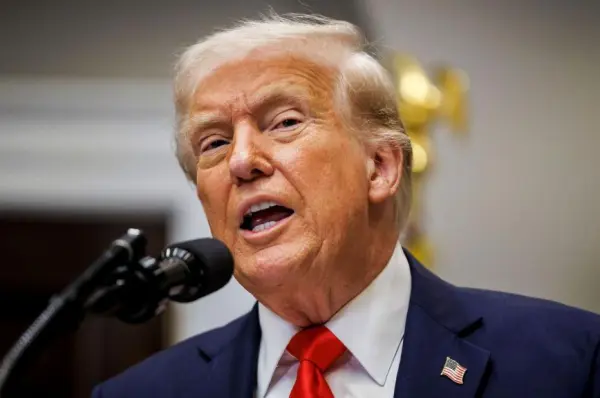The Centre for Public Accountability (CPA), in collaboration with the Coalition of Civil Society Organisations, has warned against inciting religious and tribal intolerance in Nigeria following controversies by the US Government to invade the country.
Recall that the United States (US) President Donald Trump had threatened to invade Nigeria over the alleged killings of Christians.
Speaking at a news conference in Lagos on Monday, Convener of the group, Mr Declan Ihekaire, lamented that many Nigerians have continued to make negative comments on such a sensitive issue that might further worsen the nation’s security challenges.
“What is sacrosanct in this issue is that the unity of Nigeria must be preserved. We categorically reject the divisive and inflammatory claim that the insecurity ravaging parts of the country is exclusively targeted at Nigeria’s Christian population. Such narratives are dangerous, simplistic, and deliberately engineered to inflame religious tensions,” he said.
Ihekaire explained that insecurity in Nigeria is a national problem, not a Christian, Muslim, or ethnic problem and remains a threat to every citizen and must be addressed holistically, without bias, sentiment, or political colouration. According to him, Nigeria cannot and must not become another destabilised theatre of global power play.
“Those behind terrorism and insurgency — and their sponsors — are intentionally attacking certain Christian-dominated communities in certain regions, not because the crisis is religious. These people aim to manipulate emotions, fuel sectarian suspicion, and fracture national unity.
“At the same time, Muslim-majority communities in the North have also suffered devastating attacks, with thousands killed or displaced,” he said.
He noted that Nigeria has continued to face serious security challenges — terrorism, banditry, kidnapping, communal clashes, and organised criminality in spite of efforts by the Federal Government.
“Let it be clearly stated that President Bola Tinubu inherited a security architecture already weakened by years of insurgency, underfunded institutions, and a dangerously porous border system. These problems did not arise today, and they certainly did not originate under this administration.
“There’s no doubt that Tinubu has had to confront, head-on, a deeply entrenched crisis that has festered for more than a decade.
“It is therefore unfair, misleading, and politically motivated for anyone — foreign or local — to suggest that the ongoing killings across the country began recently or that they are the result of negligence by the current administration.”
On his part, the National Secretary Campaign for Democracy, Mr Olufemi Lawson, commended the Ministry of Interior for its bold, innovative reforms, particularly in strengthening border protection systems to curb illegal migration, arms trafficking, and cross-border criminal networks.
“The Digital surveillance, identity management systems, including enhanced passport processing reforms, and improved data integration across security platforms by the ministry have helped to address insecurity. These initiatives represent the kind of forward-thinking security modernisation Nigeria urgently requires.”
Also speaking, another Convener of the Group, Mr Gbenga Soloki, said there is a need for full intervention on insecurity by every Nigerian concerned.
He said insecurity challenges all over the world are not solved in a day, urging Nigerian leaders in the federal government and security agencies the fight against criminality.
“While we acknowledge the progress made so far, we also challenge the Nigerian government to intensify efforts in identifying, pursuing, and apprehending the masterminds of insecurity — including financiers, informants, collaborators, and foreign enablers, conducting thorough investigations into the economic, political, and external interests benefiting from the prolonged insecurity, strengthening community-based intelligence systems, empowering traditional institutions, and improving local policing frameworks.”
















